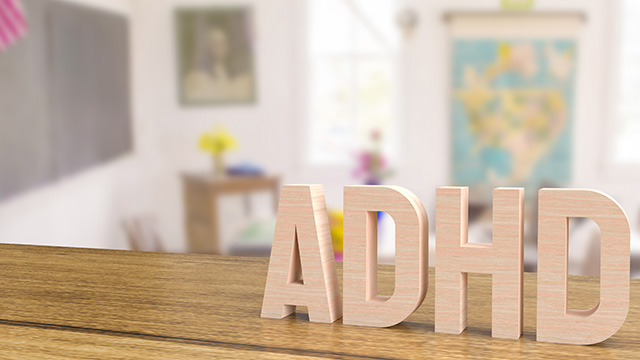One of our main objectives at CBT Westport is working together with kids and their parents to achieve a growth and flexible mindset. As part of this objective, we practice taking risks and learning how to tolerate mistakes.
Professor Thomas Curran, an Assistant Professor of psychological and Behavioral Sciences at the London School of Economics, views perfectionism as a relational trait rather than an individual trait. This makes sense when we are treating children and adolescents who oftentimes look to their environment (home, school, sports team, parent/coach/teacher) as a conduit to his/her/their perfectionism.





